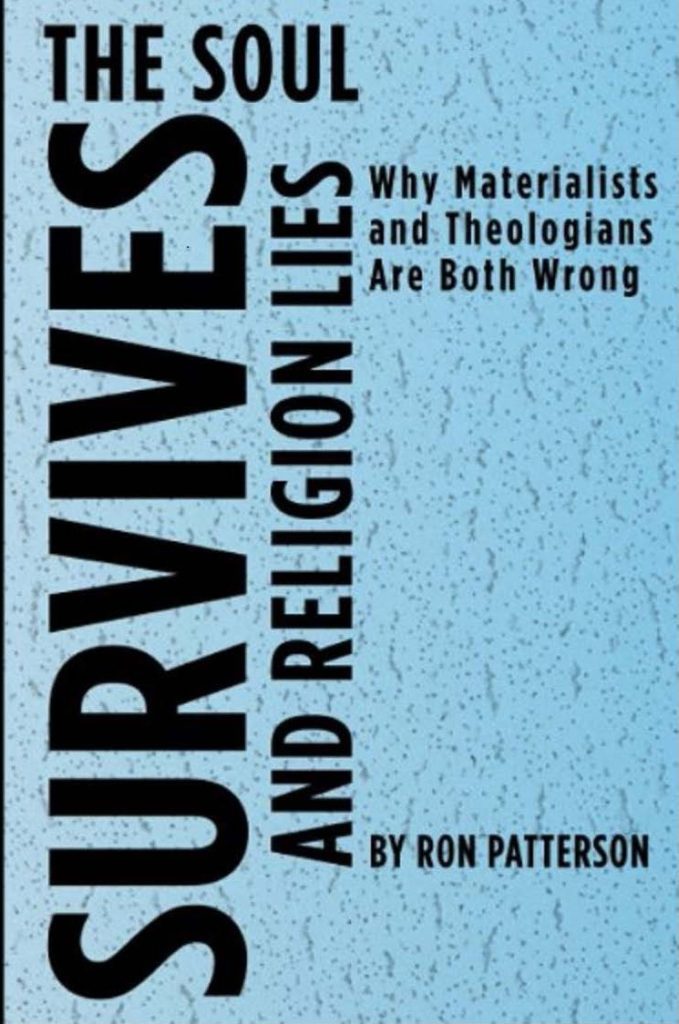Books That Question Religion: Why Faith Needs to Be Challenged
Books that pose challenging questions are more important than ever in a society where religious beliefs are frequently accepted without question. Ron Patterson’s book This Changes Everything, which questions religion, is one such book that is causing a stir. This influential book challenges readers to consider the reasons behind their beliefs rather than just criticizing religion.
This Changes Everything is a profound, introspective journey into doubt, reason, and meaning, and it is one of the most compelling books that challenges religious beliefs. It stands out as a book that confronts religion and faith with courage and honesty rather than animosity.
Why a Questioning Religion Book by Ron Patterson Matters in Today’s World
Religious organizations have influenced our ideas about existence, morality, and even our place in the cosmos for centuries. Are these beliefs, however, based on tradition or truth? Ron Patterson’s book, “This Changes Everything,” provides a much-needed reexamination. It carefully breaks down the presumptions underlying faith and looks at them through the prism of reason rather than openly criticizing religion.
White Crow tackles these issues with a combination of emotional intelligence and reasoning, in contrast to conventional books about religious skepticism. It acknowledges that comfort is frequently provided by faith, but it questions whether comfort should take precedence over the truth. Patterson’s work, which is among the most provocative books that question religious beliefs, challenges readers to confront their strongest beliefs and view them as deserving of examination rather than as sacred.
What Makes “This Changes Everything” a Book That Challenges Religion and Faith Effectively?
Most treatises doubting religion concern themselves only with contradictions in the scriptures or blatant follies in religion-oriented history. While those areas certainly need attention, This Changes Everything goes much deeper. Ron Patterson’s questioning book on religion goes beyond surface-level criticisms of faith. It examines the extent to which religion is psychological, cultural, and emotional in our lives, as well as whether a more grounded worldview could serve those functions.
This particular book disputing religion and faith is not meant to pull believers into atheism. Rather, it encourages its readers to pick apart given belief systems from the inside out and reach their own conclusions based on individual reasoning instead of doctrinal teaching. This above all is what makes This Changes Everything such an important addition to the ever-growing intelligentsia questioning religious faith.
Why Books About Doubting Religion Are Important for Growth
It’s common to view questioning one’s faith as harmful or impolite. In actuality, though, it is through questioning that we develop. People who have the courage to ask, “What if we’re wrong?” have propelled intellectual advancement throughout history, from the Enlightenment to the development of scientific reasoning.
This spirit is aptly encapsulated in Ron Patterson’s book, This Changes Everything. Rebellion for its own sake is not the point. Regaining intellectual freedom is the goal. This Changes Everything and other books serve as a reminder that asking questions is not only acceptable but also essential. We can only build a more genuine, moral, and satisfying life by questioning ingrained beliefs.
Final Thoughts
Blind faith, whether religious or not, can be harmful in the divisive world of today. Books that question religious beliefs are therefore more than just literary works; they are essential to culture. White Crow, Ron Patterson’s book about questioning religion, comes at a time when open discussions about belief systems are long overdue.
The goal of this book is to rebuild people’s hopes on a stronger foundation, not to destroy them. It’s about comprehending belief, not making fun of it. Most importantly, the goal is to encourage you to think at all, not to persuade you of what to think.


